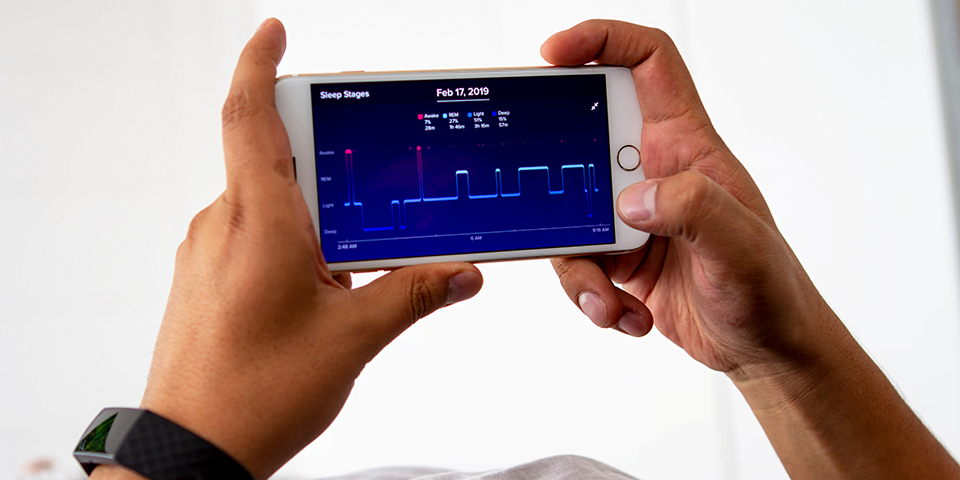With the growing popularity of fitness watches that track personal data, including sleep, more people are using the information to inform choices about their health.
But is this information really accurate? And can it be helpful to doctors?
A new study by Monash University researchers, in collaboration with researchers from SRI International’s Centre for Health Sciences in California, has found the sleep monitoring capacity of one model of Fitbit watches may be just as effective as a research-grade actigraph – the accepted standard for measuring sleep outside of laboratory settings – in almost every way.
“Increasingly, individuals with sleep difficulties turn to consumer sleep trackers to gain insights into their sleep,” said lead researcher Professor Sean Drummond from Monash University’s Turner Institute for Brain and Mental Health.
“Clinically, patients often show up at sleep disorders clinics with output from such devices, hoping their doctor can make sense of it.”
The researchers collected sleep data from 25 people – previously confirmed through an in-laboratory sleep assessment to have chronic insomnia – using the consumer Fitbit Alta HR and the validated research-grade Actiwatch Spectrum Pro.
The data was collected in the patients’ homes for one week before they received insomnia treatment and again for a week after treatment.
Researchers compared how well the Fitbit and Actiwatch tracked key sleep outcomes, including sleep time, sleep latency, sleep efficiency and wake after sleep onset.
“Overall, the Fitbit Alta HR performed equally well [compared with] the research grade actigraph in almost every way,” Professor Drummond said.
“As insomnia symptoms got worse, the Fitbit became less accurate. The Fitbit thought the person was asleep when they were just lying still.”
Neither device was useful in making a diagnosis of insomnia or in tracking treatment outcomes, he said.
The study, published in the Journal of Sleep Research, concluded: “Both researchers and health professionals may consider the use of this (Fitbit) device as an alternative to the more expensive, research grade actigraphs.”








